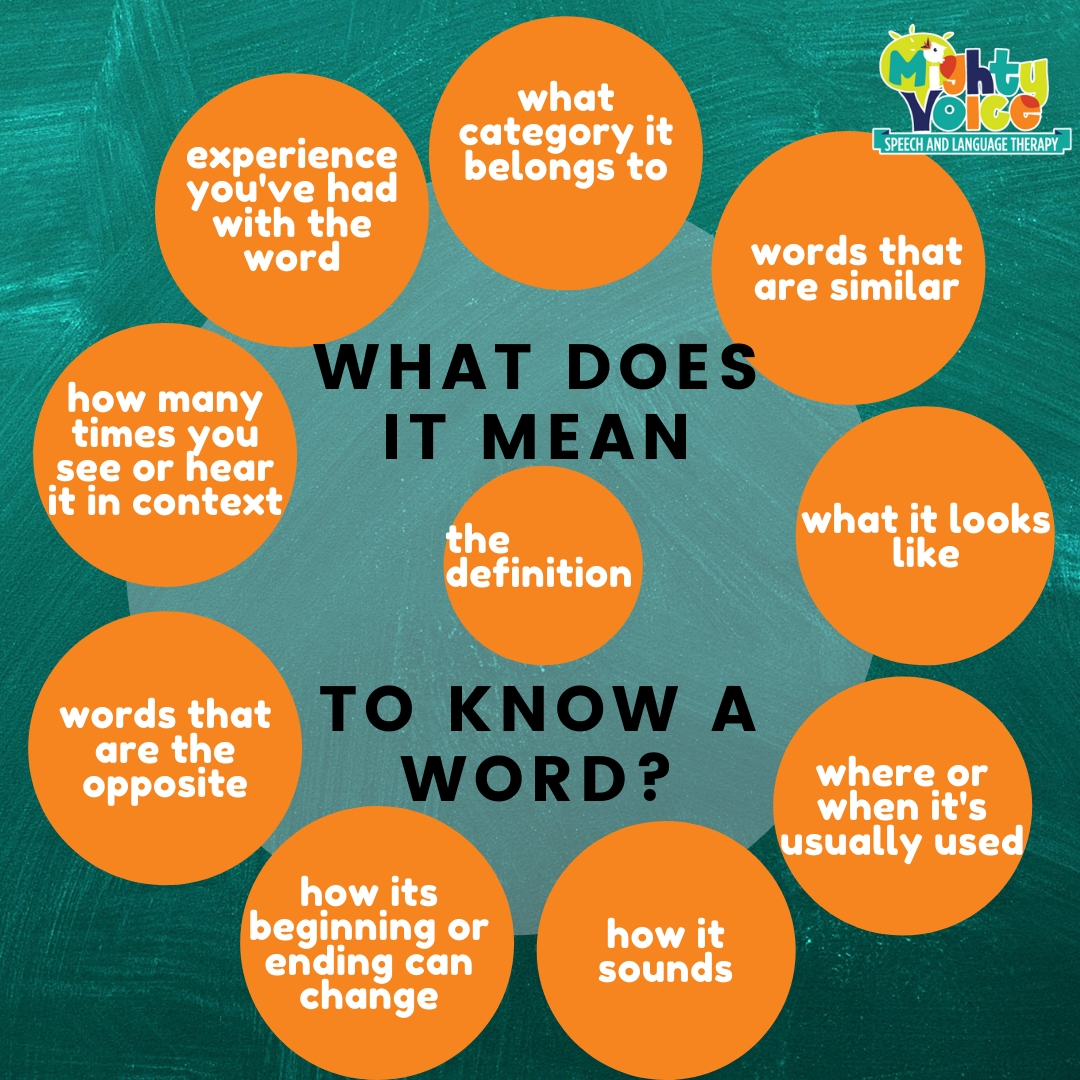The term “preserving” holds a significant meaning in the English language, encompassing the act of keeping something in its original or desired state. Whether it’s protecting a cherished memory, maintaining the freshness of food, or safeguarding the environment, preserving plays a vital role in our lives.
In the realm of food and beverage, preserving techniques have been employed for centuries to extend the shelf life of perishable items. From canning and freezing to pickling and drying, these methods have allowed us to enjoy seasonal delicacies year-round and reduce food waste.
Beyond the realm of physical preservation, the term “preserving” also carries great weight in the cultural and historical context. Preserving traditions, languages, and heritage ensures that they are passed down to future generations, fostering a sense of continuity and preserving the collective memory of our ancestors.
In essence, preserving signifies the active effort to safeguard and maintain something of value, whether it be a material possession, a cherished memory, or a cultural heritage. It is through the act of preserving that we connect to our past, protect our present, and shape our future.
What Does the Word Preserving Mean?
Preserving, in its most basic sense, refers to the act of keeping something in its existing or desired state. It involves taking steps to prevent deterioration, decay, or change. Preserving can be applied to a wide range of contexts, from safeguarding physical objects to maintaining intangible concepts.
When it comes to physical preservation, we often think of methods such as canning, freezing, or pickling food to prevent spoilage. Preserving techniques can also be used to protect historical artifacts, paintings, and other valuable objects from the effects of time and environmental factors.
Beyond the realm of physical preservation, the concept of preserving extends to cultural and historical heritage. Preserving traditions, languages, and cultural practices ensures that they are passed down to future generations, fostering a sense of continuity and preserving the collective memory of our ancestors.

what does the word Preservation Meaning – YouTube
History and Myth of Preserving
The history of preserving dates back to ancient times, when humans first developed techniques to preserve food and other essential resources. Preserving methods have evolved over the centuries, from simple techniques such as salting and smoking to more advanced methods such as canning and freezing.
Preserving has also played a significant role in cultural and historical preservation. In ancient Egypt, for example, mummification was used to preserve the bodies of the deceased, ensuring their safe passage into the afterlife. Similarly, in many cultures, oral traditions and storytelling have been used to preserve historical events, myths, and legends.
The act of preserving is often imbued with symbolic and ritualistic significance. In many cultures, preserving food or other items is seen as a way of honoring ancestors and ensuring the continuity of traditions. Preserving can also be a way of connecting with the past and appreciating the value of what has come before us.

what does the word singapore mean Vocabulary: Why Knowing a Word’s Meaning Isn’t Enough
Hidden Secret of Preserving
The hidden secret of preserving lies in its transformative power. Preserving something, whether it be a physical object, a memory, or a cultural tradition, allows us to connect with the past, protect our present, and shape our future.
When we preserve food, we extend its shelf life, allowing us to enjoy seasonal delicacies year-round and reduce food waste. When we preserve cultural heritage, we ensure that the traditions, languages, and customs of our ancestors are passed down to future generations.
By understanding the hidden secret of preserving, we can appreciate the importance of taking steps to safeguard what we value. Preserving is not merely about preventing something from changing; it is about actively working to maintain its integrity and value for generations to come.

what does the word only suggest What Does “Word.” Mean in Slang? (Helpful Examples)
Recommendation of Preserving
Preserving can be applied to a wide range of areas in our lives, from preserving food to preserving cultural heritage. Here are a few recommendations for how you can incorporate preserving into your own life:
- Preserve food: Learn techniques such as canning, freezing, or pickling to extend the shelf life of your favorite foods and reduce food waste.
- Preserve memories: Take the time to document your special moments and experiences, whether through writing, photography, or scrapbooking.
- Preserve traditions: Participate in and pass down cultural traditions, customs, and languages to ensure their continuity.
By actively engaging in preserving, we can create a legacy for ourselves and future generations, ensuring that what we value most is not lost to the passage of time.

what does the word still suggest How does word choice affect tone and meaning? | Word choice, Word
Preserving and Sustainability
Preserving can play a significant role in promoting sustainability. By extending the shelf life of food, we reduce food waste and conserve valuable resources. Preserving cultural heritage also contributes to sustainability by fostering a sense of place and connection to the environment.
When we preserve something, we are essentially valuing it and recognizing its importance. This mindset can extend beyond preserving physical objects or traditions to preserving the environment and natural resources for future generations.

what does the word social mean What is the meaning of the word MEAN? – YouTube
Tips for Preserving
Here are a few tips to help you preserve what matters most to you:
- Choose the right methods: Different preservation methods are suitable for different materials and purposes. Research the best techniques for preserving what you want to keep.
- Create a plan: Determine how you will store and maintain the preserved items to ensure their longevity.
- Involve others: Share your knowledge and enthusiasm for preserving with friends, family, and community members to foster a culture of preservation.
By following these tips, you can effectively preserve what you value and ensure that it is passed down to future generations.

what does the word photovoltaic stand for What Does It Mean When Someone Says Word (Slang)
Preserving and Cultural Diversity
Preserving cultural heritage is essential for maintaining cultural diversity and fostering a sense of community. By preserving traditions, languages, and customs, we celebrate the unique contributions of different cultures and promote tolerance and understanding.
Preserving cultural heritage can also contribute to economic development. Cultural tourism, for example, can generate revenue and create jobs while showcasing the unique traditions and history of a region.
![]()
what does the word apostle mean [Solved] What is a homomorphism and what does “structure | 9to5Science
Fun Facts about Preserving
Here are a few fun facts about preserving:
- The oldest known preserved food is a jar of honey dating back to 3000 BCE, found in an Egyptian tomb.
- The first canned food was invented in 1810 by Nicolas Appert, a French chef who developed a method of sealing food in glass jars and heating them to kill bacteria.
- The largest preserved food item in the world is a 10-foot-long pickle, created by a pickle company in Michigan.
These fun facts highlight the ingenuity and creativity that have gone into preserving food and other items throughout history.
![]()
what does the word messiah mean [Solved] What does Structure-Preserving mean? | 9to5Science
How to Preserve
Preserving can be done in a variety of ways, depending on the materials and the desired outcome. Here is a brief overview of some common preservation methods:
- Canning: Food is sealed in airtight jars or cans and heated to kill bacteria.
- Freezing: Food is frozen at a very low temperature to slow down spoilage.
- Pickling: Food is preserved in a vinegar solution to prevent bacteria growth.
- Drying: Food is dehydrated to remove moisture and prevent spoilage.
By following established preservation methods, you can effectively preserve a wide range of foods and materials.

what does the word holocaust mean Vocabulary for exam | What Does The Words Mean? – YouTube
What if Preserving
Imagine a world where preserving did not exist. Food would spoil quickly, cultural traditions would be lost, and historical artifacts would deteriorate into dust. Preserving is essential for maintaining the continuity of our world and safeguarding our heritage.
Without preserving, we would lose the ability to enjoy seasonal delicacies year-round, learn from the wisdom of our ancestors, and connect with our cultural roots.
Listicle of Preserving
Here is a listicle of 10 reasons why preserving is important:
- Preserves food and reduces waste
- Maintains cultural heritage
- Protects historical artifacts
- Preserves the environment
- Promotes sustainability
- Fosters a sense of place
- Encourages creativity
- Connects us with the past
- Shapes our future
- Enriches our lives
By understanding the importance of preserving, we can make conscious choices to protect what matters most to us.
Questions and Answers about Preserving
- What is the most important thing to consider when